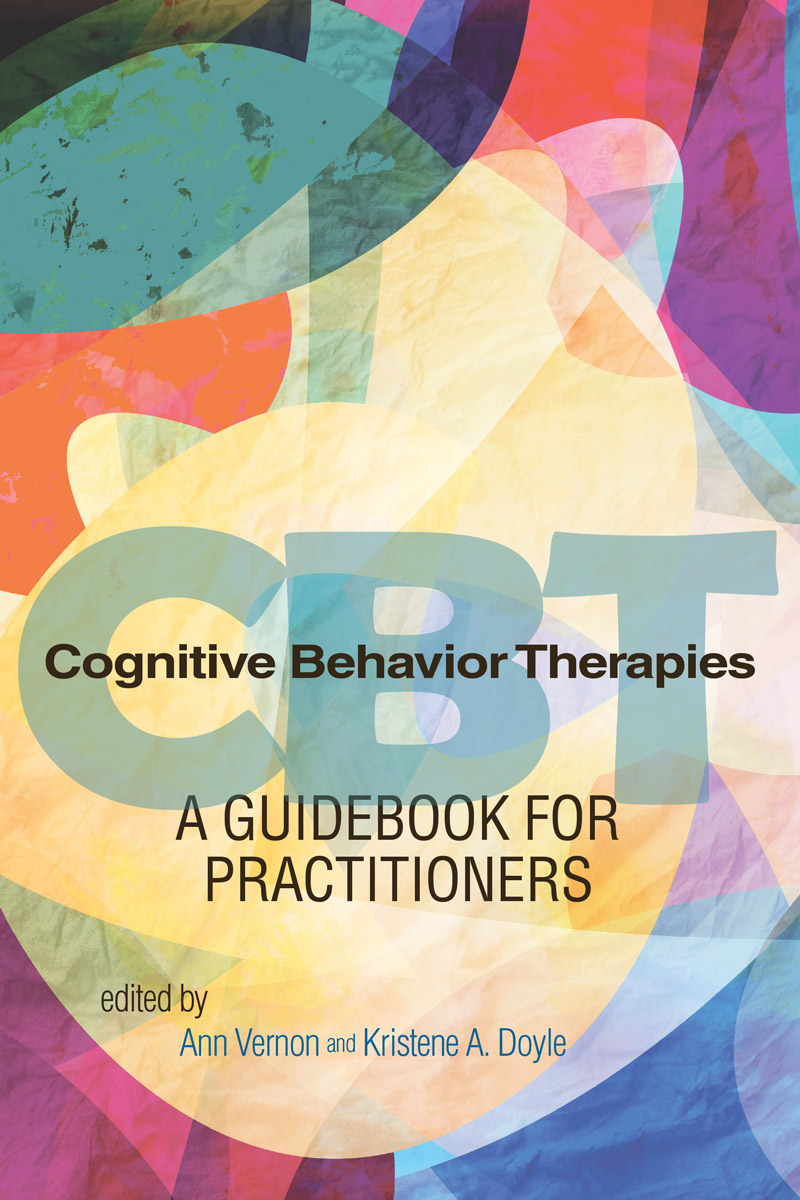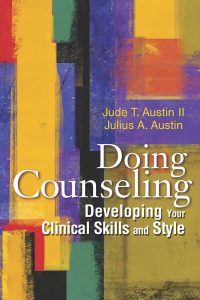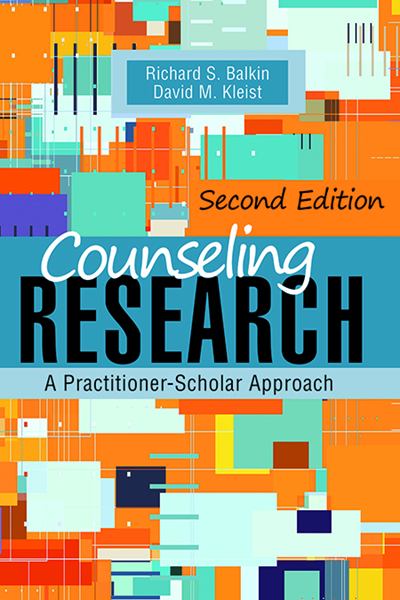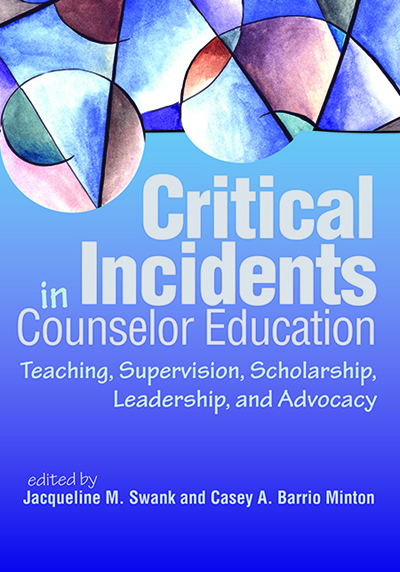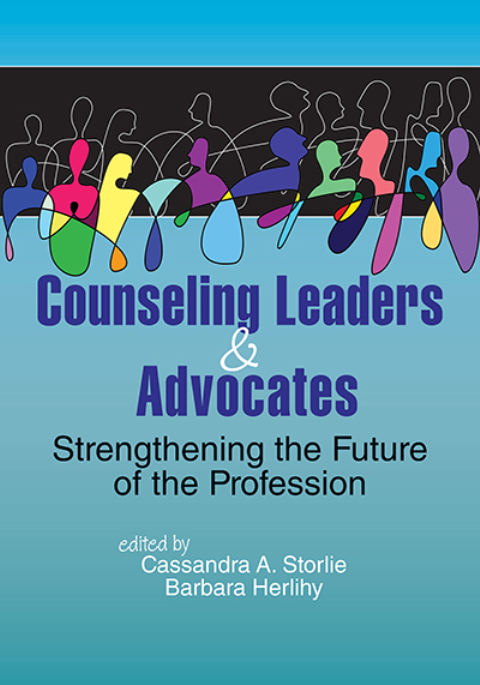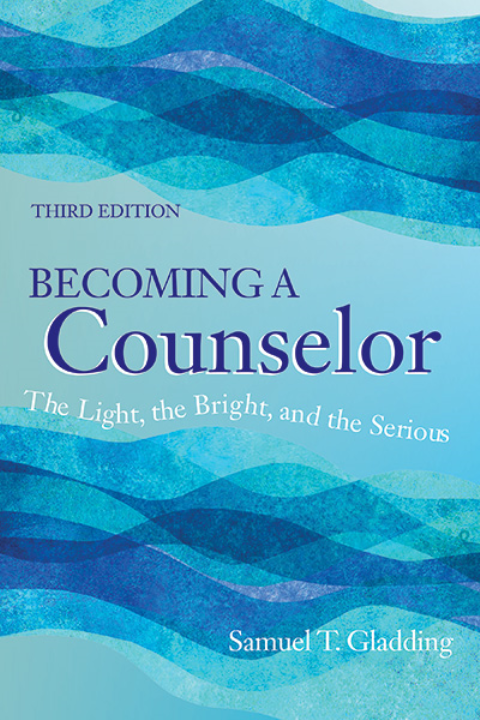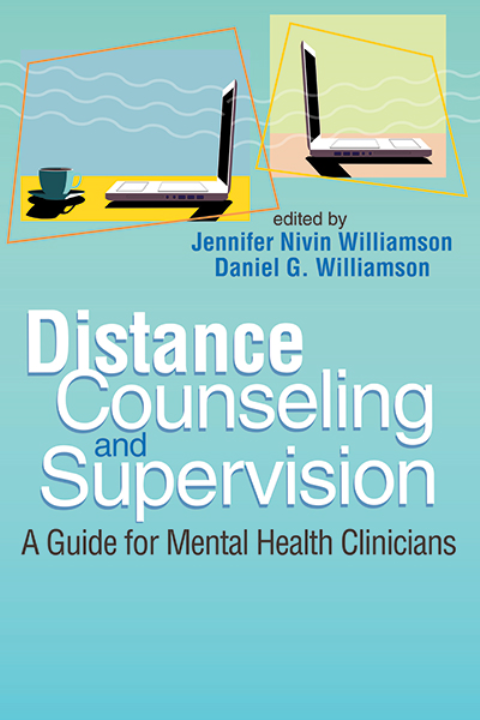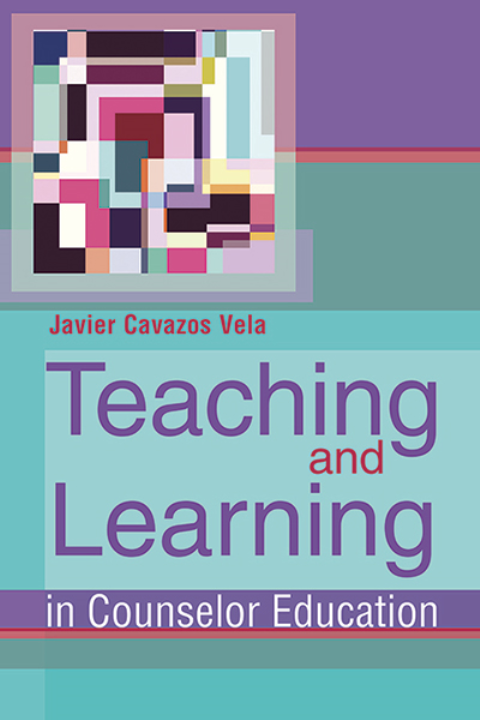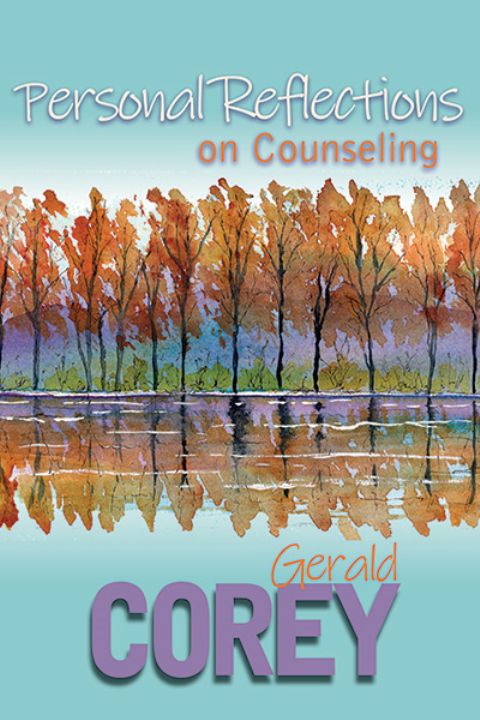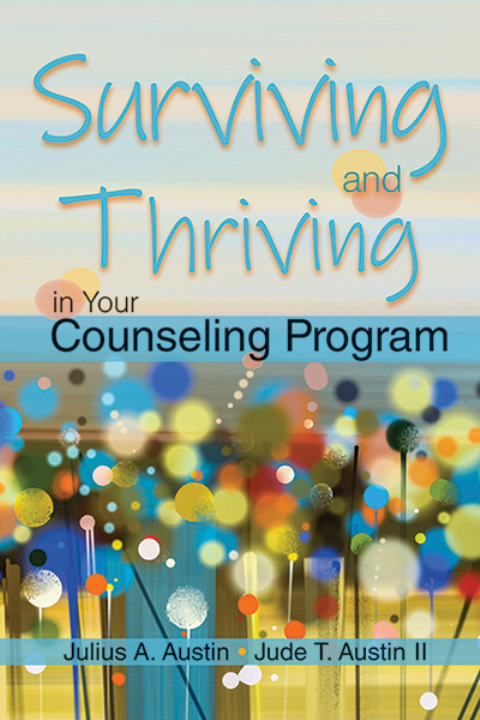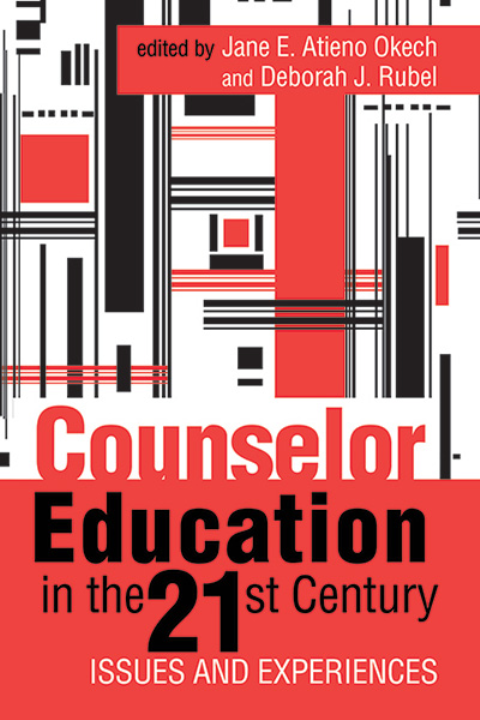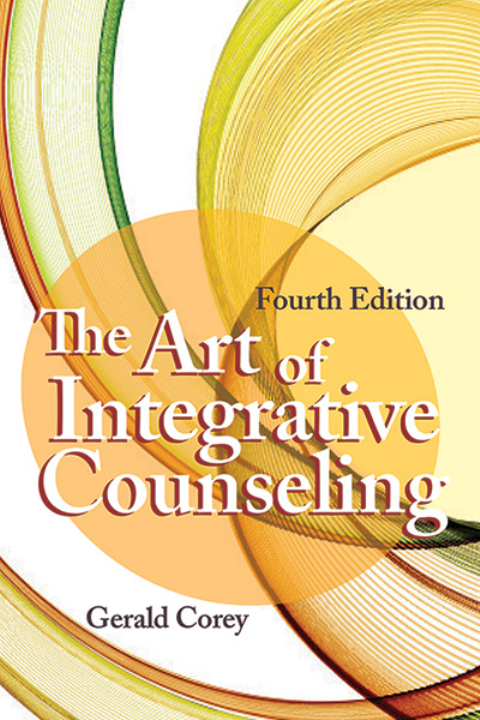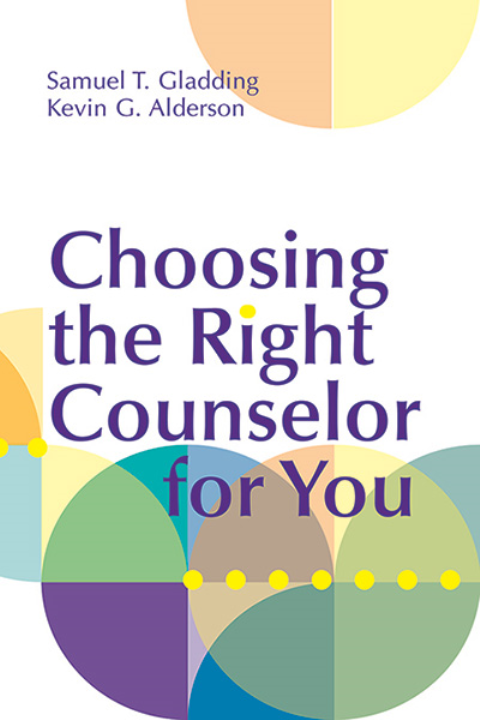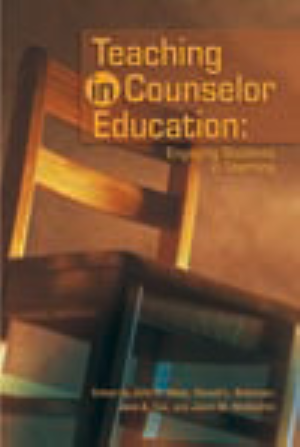
Professional development, a lifelong process
Counselors have the ethical responsibility of engaging in ongoing professional development, so they can remain informed about best practices, keep their competence in the skills they use, and maintain a reasonable level of awareness of current scientific and professional information. Mentorship is also an important part of a counselor's professional development process.
Related Articles from Counseling Today
From the President: Creating change through dialogue
Aug 2, 2023, 00:00 AM
Title :
From the President: Creating change through dialogue
By line :
In the last few years, our society has become polarized, and this spills into the fiber of what it means to be a professional counselor, where our first ethical mandate is “to do no harm.” Some counselors may ask themselves, “How can my values, attitudes and beliefs cause harm to others?” The answer is complicated. If we believe others lack the necessary resources to make an informed decision, we might feel we have an ethical and professional obligation to provide those resources or to help them find their voice. However, if we believe that everyone has the same potential and abilities to choose their own path, then intervening would be an imposition and, as such, an act of oppression or violence.
I have seen and experienced injustices, endless discussions without a resolution and more silence than action. When only a few people have the power and privilege to decide who can speak, as well as when and what they can speak about, then honest and open dialogue is never allowed. To overcome this dynamic, we must start the difficult conversation about how we can foster more open, honest dialogue with our clients and ourselves.
To begin this productive discussion around dialogue, I want to share insights from the Co-Intelligence Institute, a nonprofit that promotes awareness of co-intelligence and provides tools to increase it. This organization acknowledges that dialogue — a shared exploration that leads to a greater understanding or connection — can sometimes be magical because it dissolves the boundaries between people and the world and opens up the possibility of a deeper understanding and power. According to the Co-Intelligence Institute, in these moments of dialogue, “we may experience the wholeness of who we are (beyond our isolated ego), listening and speaking to the wholeness of who we are (deep within and beyond the group around us). At those times, it is almost as if wholeness is speaking and listening to itself through us, individually and collectively. Words become unnecessary; knowing is instantaneous, and the meaning flows like a great river within and among us. These are moments of grace whose frequency increases as we practice listening more deeply and exploring more openly with each other.”
In its most basic form, dialogue involves allowing everyone a chance to speak, listening to each other, trying to understand each other’s viewpoints and experiences, and learning together. The Co-Intelligence Institute expands on this definition and provides guidelines for creating dialogue that leads to a shared understanding or connection. These guidelines include the following:
- Dialogue should be collaborative.
- The goal should be to find common ground.
- We must listen to the other side to understand and find meaning and agreement.
- Healthy dialogue has the possibility to change a person’s perspective and causes the person speaking to be introspective about their own position.
- We should adopt an open-minded attitude — an openness to being wrong and to change.
- Dialogue involves genuine concern for the other person and aims not to alienate or offend.
- Open dialogue begins with the assumption that there are many pieces to the answer and that by mixing people’s ideas, we can find a workable solution — one that is better than the original solution.
- It’s crucial that dialogue remain open-ended.
Department :
From the President
Categories :
- Professional Counseling
- Professional Development
Tags :
audiences :
Contributors
